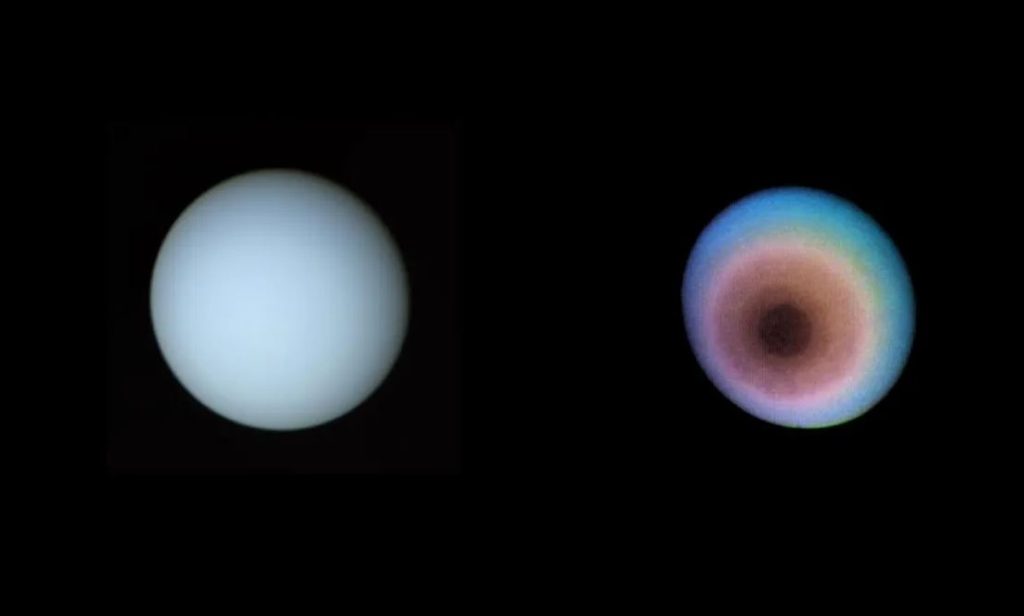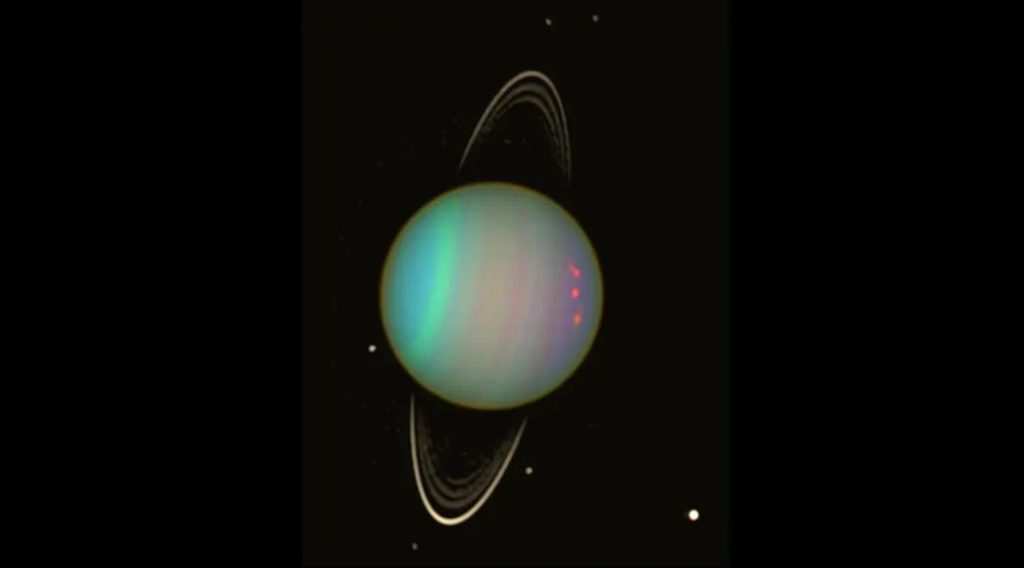In 1781, the astronomer William Herschel made a dramatic discovery while observing the night sky: a faint object in the constellation Gemini that moved slowly compared to the background stars. At first, he believed it was a comet, but further observations convinced him it was something more — a brand-new planet. This was a monumental moment in astronomy, because until then, people recognized only six planets.
A Royal Name That Divided Astronomers
As the planet’s discoverer, Herschel proposed calling it Georgium Sidus, or “George’s Star,” in honor of King George III of Britain. It made sense to him — it was a tribute to his patron and the monarch — but the name didn’t sit well with many other astronomers. It did not fit the classical tradition of naming planets after mythological deities.

The Mythological Alternative
German astronomer Johann Elert Bode argued for a different approach. He suggested the name Uranus, which comes from Greek mythology: Uranus is the primordial sky god, the father of Saturn (Cronus) and grandfather of Zeus (Jupiter). This proposal followed the pattern of using divine names and resonated with astronomers who preferred a mythological theme rather than monarchical homage.
A Greek Name Among Roman Traditions
One of the most controversial aspects of the name was that Uranus breaks from the usual naming pattern: most planets are named after Roman gods (like Jupiter, Mars, and Neptune), but this one uses a Greek name. Despite this, Bode’s idea gained traction, in part because it made symbolic sense — Uranus represents the sky, fitting for a distant outer planet.
From Royalty to Greek Deity
Over time, the astronomical community gradually adopted Uranus instead of Georgium Sidus. It took decades for the change to stick, particularly in Britain, where the royal name remained popular for many years. By around 1850, however, the name Uranus had become widely accepted in scientific circles.
A Name That Inspired Chemistry
The mythological name also inspired chemists: the element uranium, discovered soon after, was named in honor of the planet. This reinforced Uranus’s place not just in astronomy, but also in early chemistry and science more broadly.
A Name With a Complicated Reputation
Despite its mythological roots, the name Uranus has become infamous for its double-meanings in English. Over the centuries, people have had trouble avoiding jokes, thanks to its pronunciation and resemblance to certain words. Scientists and communicators have sometimes struggled with how to pronounce it gracefully — many now say it with stress on the first syllable (“YOOR‑uh‑nuhs”) to avoid ridicule.
Legacy of a Naming Debate
The naming of Uranus reminds us that science doesn’t happen in isolation from culture and politics. Herschel’s royal tribute was rejected in favor of a mythological name that better aligned with the established pattern. Yet, the fact that Uranus ended up being the only planet named with a Greek deity highlights an oddity in tradition that still sparks conversation.

Why It Still Matters
Today, Uranus is more than just a funny name. It’s a symbol of the age of discovery, scientific debate, and the evolving relationship between myth and modern knowledge. The story of how it was named shows that even in serious science, naming a planet can involve controversy, cultural pride, and unexpected legacies.

















